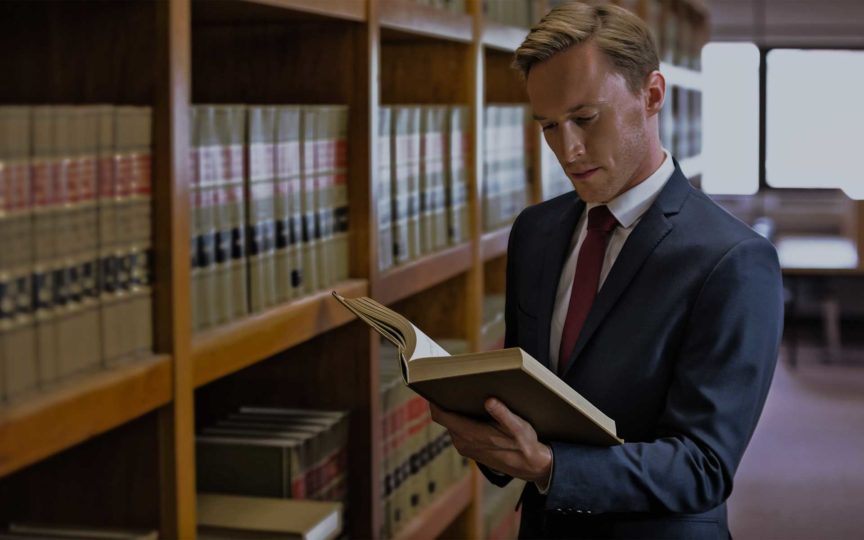
Many people think that their life is uncomplicated and believe that they do not need a Will. However, if you do not have a will, the state will decide how your assets will be distributed. Some people believe that their assets will go directly to the state if they do not have a will, which is also not true. Your assets will only go to the state if you do not have blood relatives. The state will attempt to find your blood relatives, but if one cannot be found, your assets will go to the state. A Will allows you to choose how your assets are distributed.
Here are a few reasons why you need a Will.
- Who Will Inherit your Assets
A Will gives you the ability to choose who is going to receive your belongings after you die. Some people think they do not need a will because they only have one person to whom their assets will go, like a spouse or only child; this is how the state would choose to distribute your assets. However, in situations where your family dynamics are unclear, a will is an essential part of your estate plan. A Will makes your wishes known and allows you to include people who are important to you, even if they are not blood relatives.
- Unforeseen Circumstances
A well-drafted Will is going to cover whom you would like to receive your assets and what happens to those assets if that person does not survive you. This is also why even if you have a Will, you must ensure that it is updated during life-changing events such as births, deaths, and marriage.
- Beneficiaries May Receive Different Amounts
Without a Will, your assets will be evenly distributed between blood relatives. If you have a will drafted, you can decide how much an individual gets. You can also leave specific items to an individual. This can be especially important if you have family heirlooms that have been handed down from past generations.
- Disable Beneficiaries
Making special provisions for a disabled beneficiary can be a vital part of a Will. Trusts can be a part of your Will and allow gifting to a disabled individual without putting their public benefits at risk. The trust can be managed by other family members but not owned by other family members. These provisions will reduce the possibility of funds being diverted from the individual and are often suitable for everyone involved.
- Minor Children
A Will allows you to choose whom you would like the guardian of your minor children to be. This is the person that they will live with and who will decide how their inheritance should be used if not specified in your Will. Without a Will, your extended family will have to choose for themselves. You may want your children to go to a family member or friend with the same values as you.
Creating a Will that names a guardian informs all involved whom you would like to raise your children. This reduces confusion and clarifies for those left behind what your wishes are. A court will still make sure that this is the best decision for the children, but the written wishes of the parents takes priority.
- Testamentary Trust
If you have minor children or grandchildren, you can name them as beneficiaries. With a Will, you can make provisions called a testamentary trust. This is a trust that does not come into play until you die. The child’s funds can be managed by the person you choose until the minor is the age you choose.
- Executor
Drafting a will allows you to choose who will be the executor to settle your estate and carry out your Will’s directives. A Will allows you to choose whom you trust to carry out your wishes and handle your affairs after death. If you do not choose an executor, the court will determine this person for you. There are circumstances where a court may not allow the person you chose to be your executor, one of which is if the executor lives out of state.
- Disinherited Beneficiary
A Will allows you to disinherit someone who would otherwise be a beneficiary. Sometimes, a person who would typically be a beneficiary broke ties years ago. This could be someone you do not know how to find, or someone you do not believe should receive anything from your estate. Without a will, the state will assume that you wish to follow your bloodline. It is important to remember that some people, like a spouse or minor child, have special rights and may challenge your Will and possibly receive from the estate regardless.
Having a Will can help things go smoother for the survivors once a person dies. A solid estate plan has both Powers of Attorney and Living Wills. There are many more benefits to a will, and you should contact one of our Estate Planning Lawyers to go over all of the benefits of a Will that will meet your specific needs.






